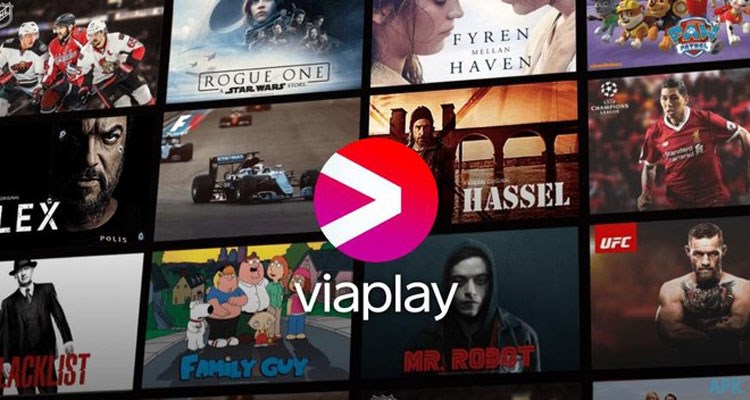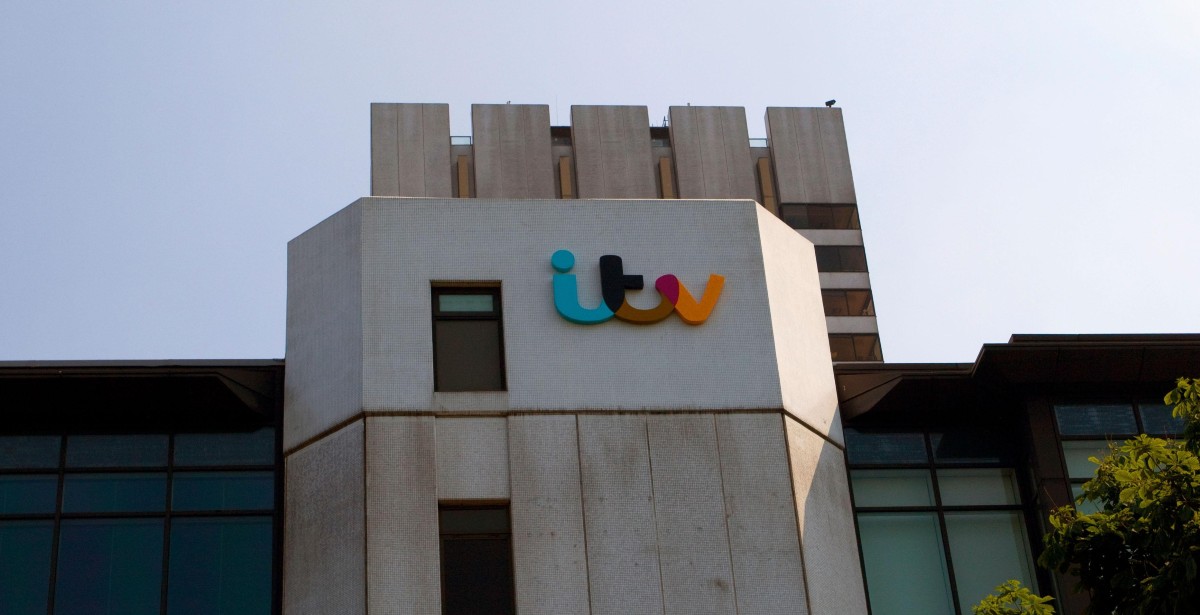Last month, Nordic broadcasting group Viaplay announced plans to pull out of several international markets, just months after launching its streaming service in the UK, US and Canada.
Warning signs were in the air when the company downgraded its 2023 outlook back in June, alongside the resignation of CEO Anders Jensen, who spearheaded the international expansion during his five-year tenure. His legacy is one of substantial gains for the Scandivian broadcaster, making Viaplay a European success story in a field dominated by US streaming giants.
By April the streaming service had over 7.6 million subscribers, and counted the Premier League and La Liga among its roster of high-profile sports rights. The company acquired pay-TV network Premier Sports in July 2022, and was even seen as an outside contender for picking up Premier League rights in the UK.
But those hopes faded in July when the group announced it was “downsizing, partnering or exiting” its international markets, along with laying off 25 percent of staff. The company admitted that its content investment and international expansion strategies were not paying off on its planned timeframe.
Bordertowns
Early forays into new markets were successful however, perhaps giving Viaplay unrealistic expectations for further roll-outs. The service launched in Poland in August 2021 and the Netherlands in March 2022, soon surpassing expectations in terms of subscriber numbers. “The international operations are performing ahead of plan,” Anders Jensen said in October, “and we reached the important milestone of more than 1 million subscribers in both the Dutch and Polish markets.”
But despite this subscriber growth, the company was starting to show financial strain. Viaplay cut its full-year guidance for 2022, prompting investment bank Berenberg to flag “significant uncertainty” over the business’ short-term performance. Even then, the bank praised Viaplay’s “well-executed structural growth story,” specifically noting that “the international business continued to perform well”.
When the company (then called NENT Group) launched Viaplay in Estonia, Latvia and Lithuania in 2021, it noted that these were “fast-growing markets” close to its core business in the Nordics. “The Baltic market is small, valued at SEK 1.4 billion, but currently has low streaming penetration levels amongst households and these are rising,” Viaplay said in a 2022 report.
But the UK and North America were a different story. By November 2022, when Viaplay launched in the UK, streaming penetration had peaked in the region, with cost-conscious consumers cutting back on their number of streaming subscriptions for the first time. And by the US launch in February 2023, the streaming market was also highly saturated, with Kantar suggesting that “peak stacking” had been reached.
François Godard, Senior Media and Telecoms Analyst at Enders Analysis, argues that treating these territories as growing markets was a tactical error. “They thought they would get a big chunk of a growing market,” he says. “But they were entering major markets, and that’s very tough.”
And with sport as its core business, the company has to negotiate rights agreements for each market, with annual cost increases built into multi-year contracts. “Sports remain very national,” observes Godard. “It’s sold on a country by country basis. And people have different tastes in each country, and people tend to prefer domestic sports and domestic leagues.”
Once those deals are in place, it can then take time to attract a subscriber base to a new service, especially one that is relatively unknown to general audiences. “People don’t flock to a service because it starts coverage of a sports league,” argues Godard. “It takes time.”
This is partly why Netflix has been so reluctant to enter the sporting fray. The streaming giant already has a global product at its disposal, and can launch in new markets without adding significant expense, whereas sport rights negotiations add costs in each new market. Viaplay does not necessarily have the luxury of international synergy, notes Godard. “You won’t get your business model right in Poland by launching in the UK.”
Follow the Money
Alongside sports, Viaplay’s main content piece is Scandi noir; the slow-burning detective genre beloved by fans of The Killing and knitwear enthusiasts. But Viaplay has no monopoly on these shows, which can be found on Netflix, Sky and even free on iPlayer in the UK.
A useful comparison is Walter Presents, the section of Channel 4’s BVOD service that specialises in imported European series. It is popular among fans of foreign-language drama, surpassing 1 million views within two weeks of launch, but would likely struggle to attract customers as a standalone subscription service. “There are football fans who organise their free time around football,” suggests Godard, “but none of us organise our free time around Scandi noir!”
Unfortunately for European players, Netflix is in a position where it can produce local content as well as English-language series that are consumed globally. “Viaplay is not global,” comments Godard. “It’s not Netflix or Disney+.” It does however continue to expand its Viaplay Select offering, a “branded content concept” that distributes its programming to other markets.
As part of its downsizing strategy, Viaplay cut its production of original content from around 50 to 10 titles per year. Nevertheless, Godard suggests Viaplay Select could find a home as a Walter Presents-type offering within third-party platforms such as Amazon Channels.
As for the rest of the business, Viaplay is keeping its options open, including the possibility of a sale. In the wake of the announcement (with the stock price at an all-time low), French broadcaster Canal+ and Czech investment firm PPF Group bought stakes in the company.
Canal+ took a 12 percent stake in Viaplay, as part of ongoing efforts to grow its international presence. In June the Vivendi-owned company bought a 26.1 percent stake in Hong Kong-based streaming service Viu. Canal+ is also the largest shareholder in South African broadcaster MultiChoice, and in July increased its holding to 31.6 percent.
Whether this means Canal+ could look to buy Viaplay is, again, a matter of looking at individual markets. In Poland, Canal+ is the second-biggest pay-TV operator, making it a more natural fit for a Viaplay merger than in Scandinavia, where local management will likely be key to the company’s future.
“The model in Scandinavia looks relatively sustainable,” concludes Godard. “They have a big subscriber base and they are not losing money at this point, and it should carry on until 2025. Canal+ stepping in and buying them is not crazy, but it’s not obvious either.”





